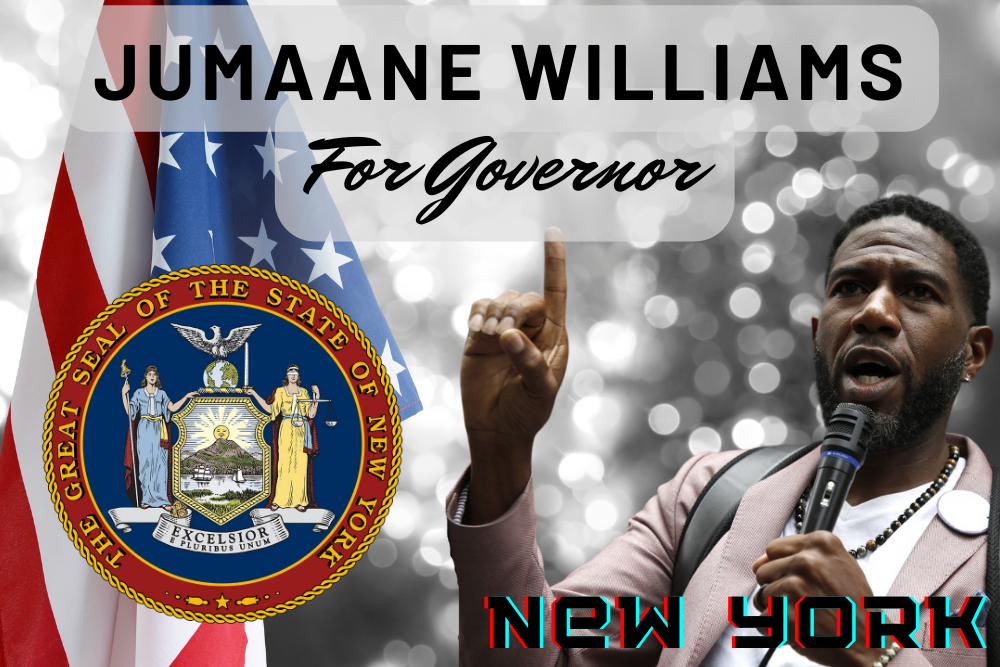Public Advocate Jumaane D. Williams called for passage of a bill aimed at protecting water quality and ensuring sanitary water supply for New Yorkers at a hearing of the Committee on Environmental Protection today. The bill would increase the monetary penalties to be imposed on a building owner or operator who fails to comply with installation and reporting requirements for water backflow prevention devices.
"Backflow prevention devices stop contamination from entering New York City water. Without them, bacteria, such as salmonella, can spread into water pipes. For businesses such as laundromats, food processing plants, supermarkets, and large residential dwellings, this is pretty dangerous," said Public Advocate Williams at the hearing. "Anyone can experience serious harm, so contamination must be avoided at all costs. This is both an environmental issue and a public health issue."
Under the legislation, Intro. 1576, for failure to install the device, the civil penalty would be $1,000-10,000 and the criminal fine would be $2,000-10,000. For failure to file an annual report, the civil penalty would be $700-10,000 and the criminal fine would be $1,400-10,000. Backflow prevention devices stop contaminated water from re-entering the main supply, and required for certain properties by state law. This city legislation was originally sponsored by then-Council Member Donovan Richards, now the Queens Borough President.
There were 1,540 violations in 2018 for failing to install a backflow prevention device, according to DEP, and 8,780 violations for not filing a report. In 2019, The New York City Department of Environmental Protection estimated there were 76,472 facilities in the City that require one or more backflow prevention devices. Notably, 45,093, or roughly 59 percent, are considered hazardous facilities.
The Public Advocate noted that "At the Committee's June 25th, 2018 hearing, it was said that these prevention devices can cost anywhere between $3,000 to $20,000. Therefore, if fines are lower, then the owner or operator can just accept the fine as the cheaper option. ," saying "The legislation would eliminate that with steeper penalties and fines." In addition, he expressed support for a bill from Chair Constantinides to amend the sustainable energy loan program, Intro. 2170, which was also discussed at today's hearing, saying "Energy efficiency may be costly for some building owners, so there must be assistance for everyone who is interested in energy efficiency."
Original source can be found here.


